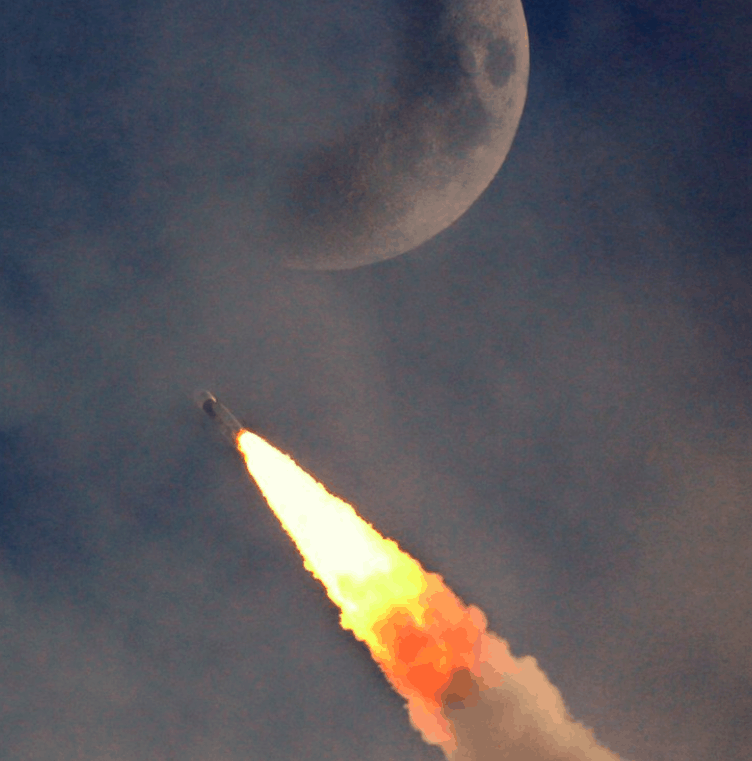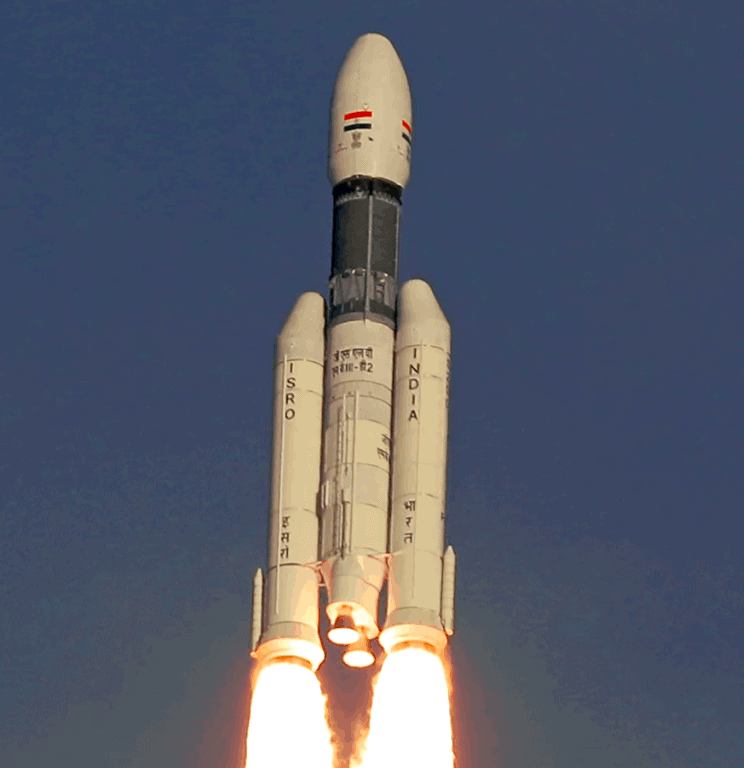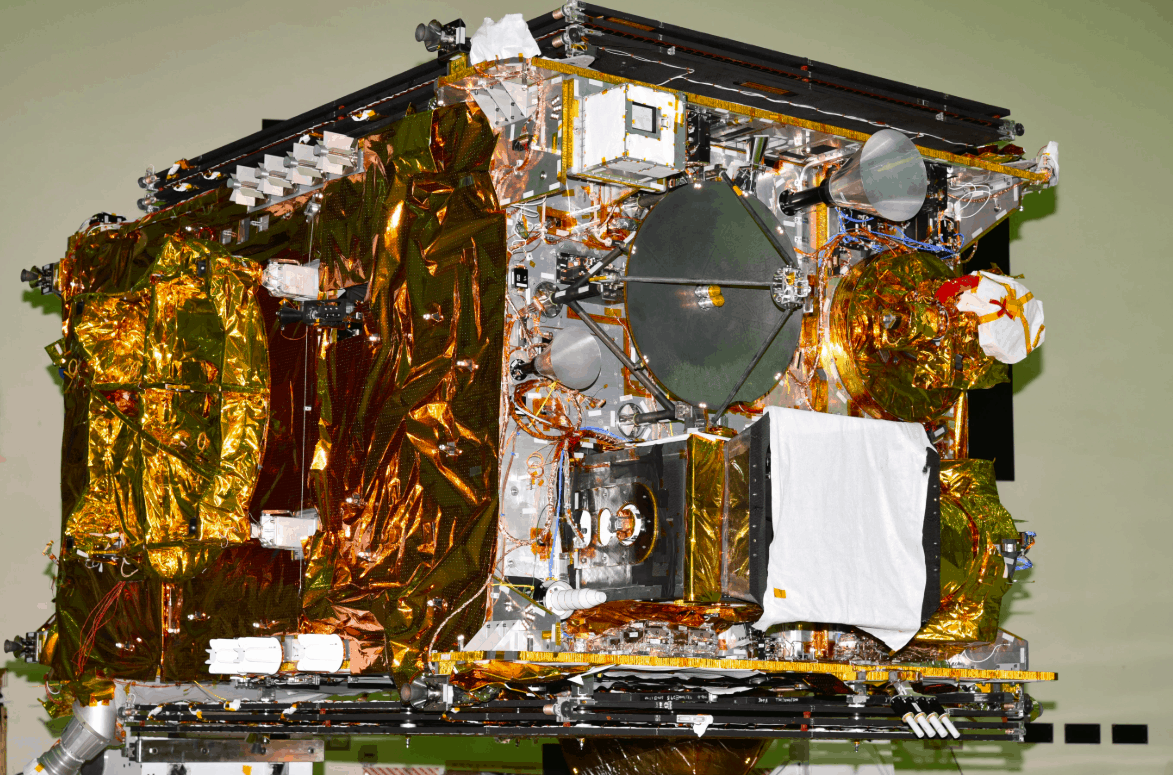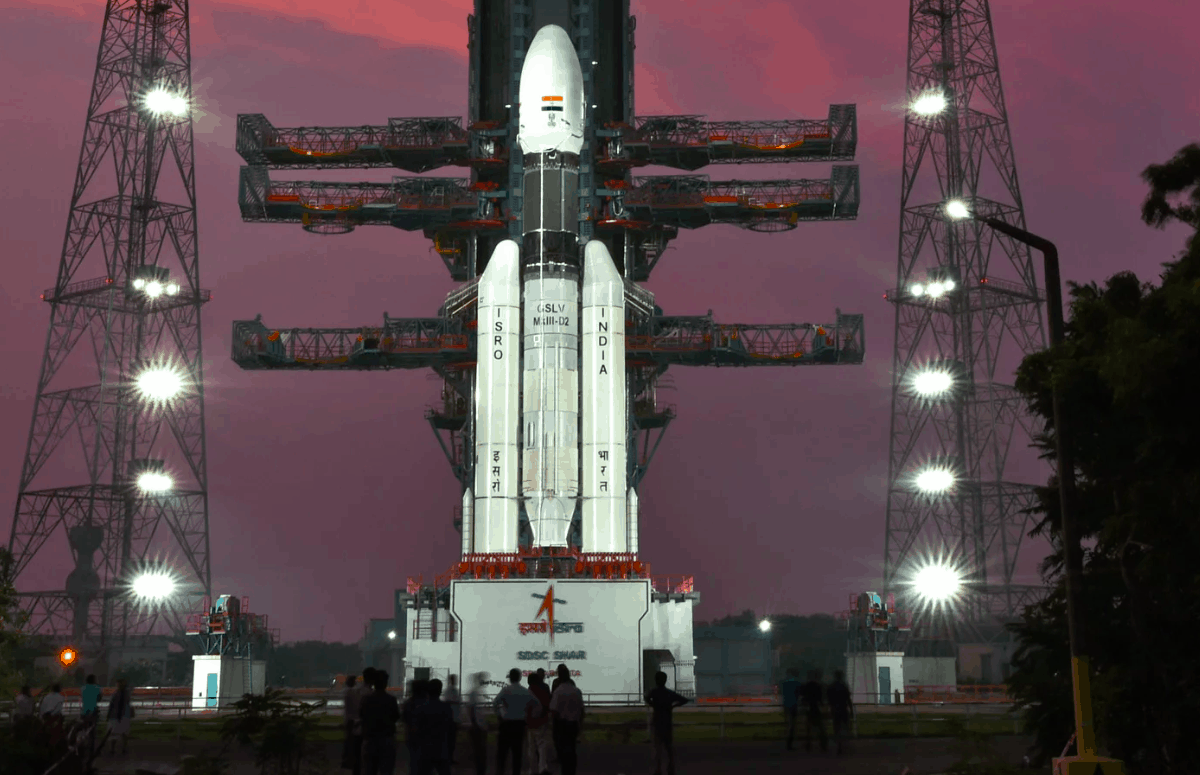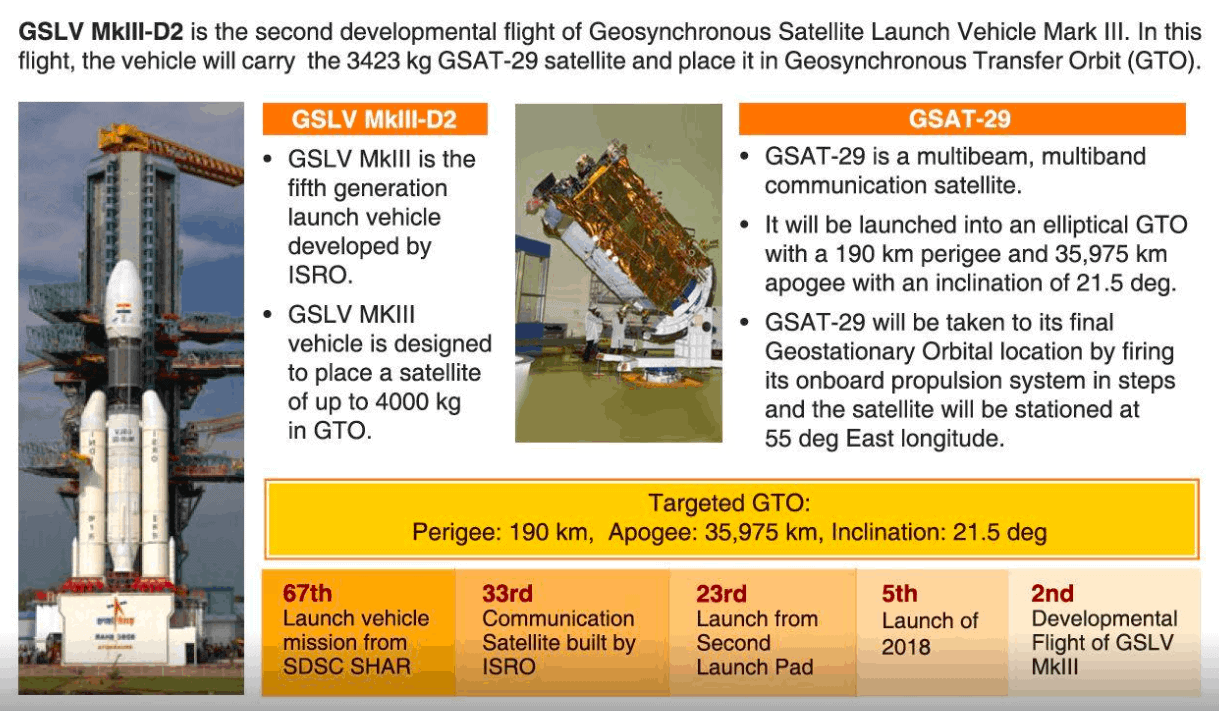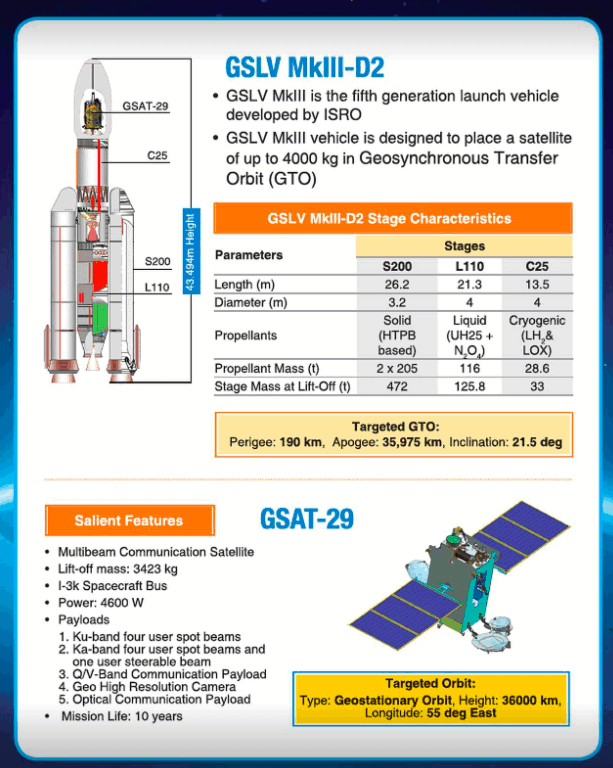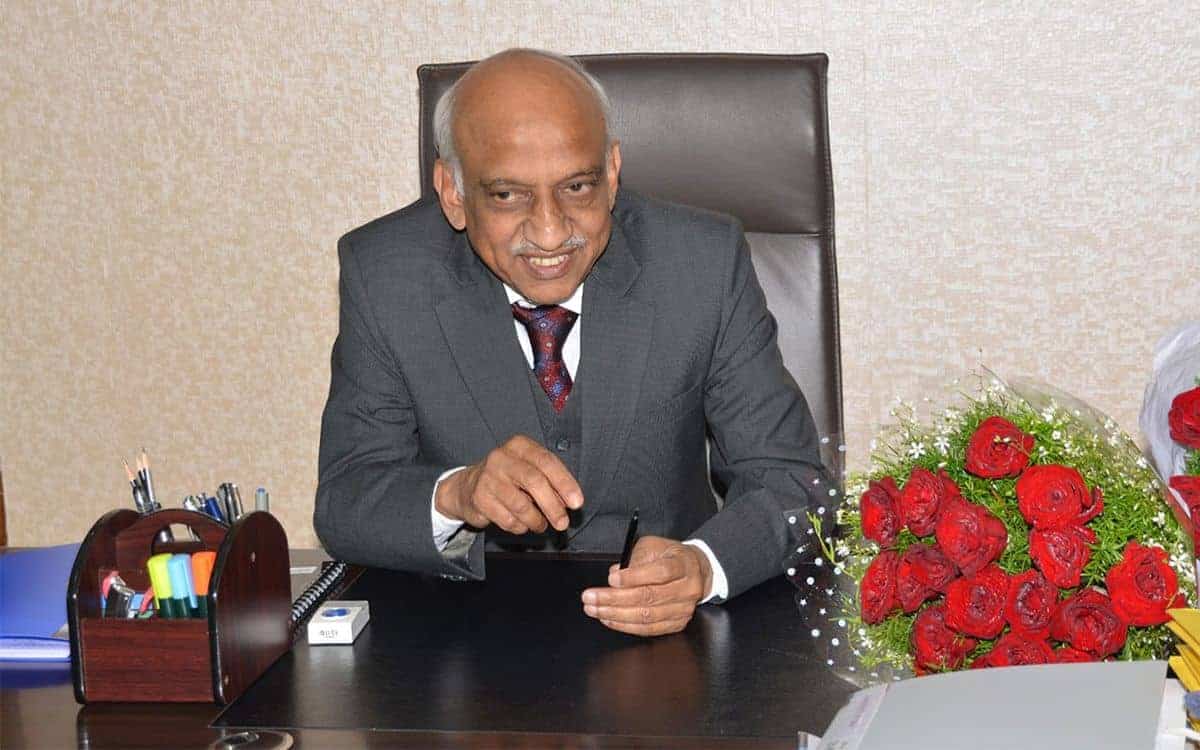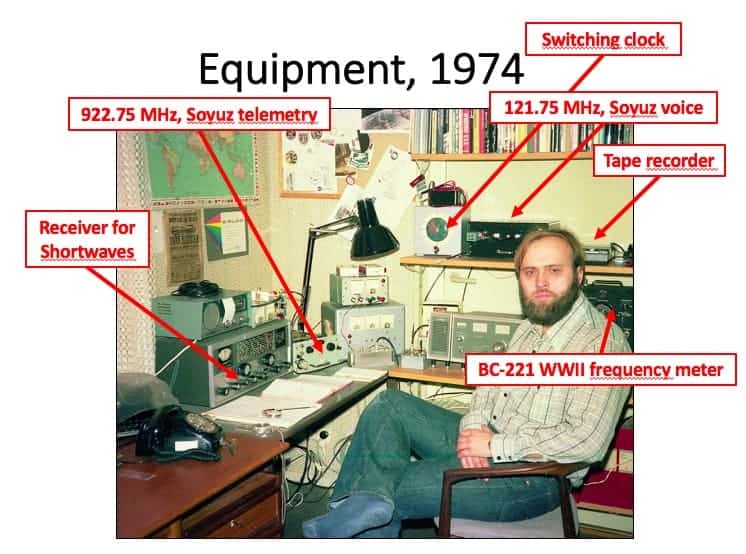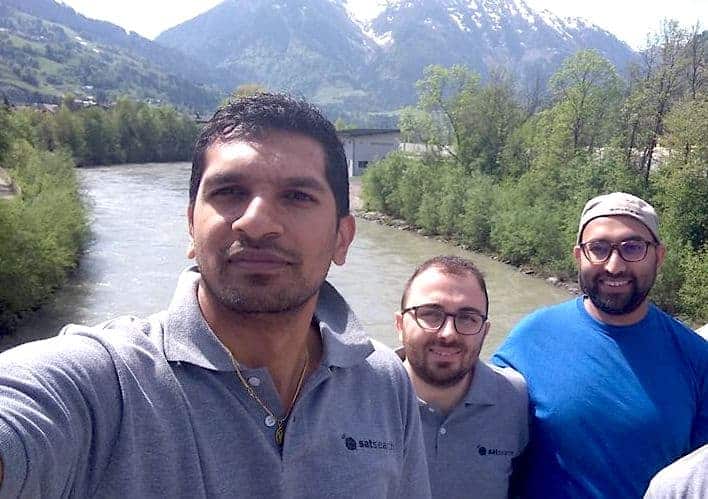
A space startup based in the Netherlands – www.satsearch.co is attempting to establish a single digital global marketplace for space components, products and services. Ultimately, Satsearch’s goal is to reduce cost and time by helping customers and suppliers of space components, products and services find each other online. This episode is available in audio and video below.
The
Podcast: Play in new window | Download (Duration: 27:36 — 22.1MB) | Embed
Subscribe: Apple Podcasts | Spotify | RSS | More
